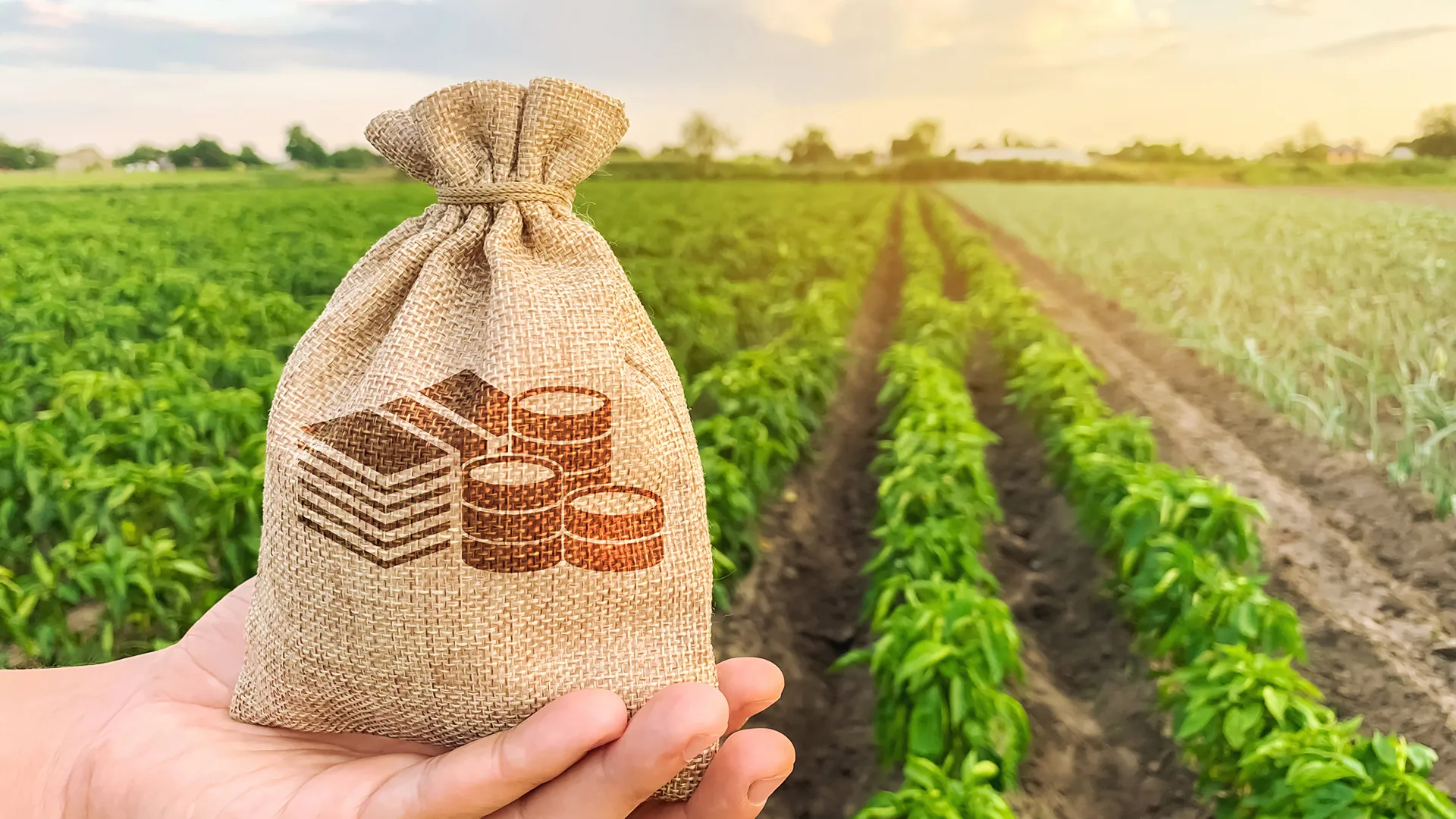
Singapore-based Davis Commodities Limited (Nasdaq: DTCK), an established player in the global agricultural trade, is making bold strides into the digital capital markets. The company has announced that it is exploring the development of two major financial innovations: a stablecoin-powered settlement infrastructure and a multi-region Contract for Difference (CFD) trading framework. These initiatives are part of a broader digital finance strategy that aligns with the company’s goals of improving cross-border efficiency, expanding its revenue streams, and fostering environmentally sustainable growth.
As trade flows and capital markets evolve, Davis Commodities is positioning itself at the intersection of commodity finance, fintech innovation, and ESG (Environmental, Social, and Governance) integration, targeting some of the most underserved regions of the global economy, particularly in Africa, Latin America, and Southeast Asia.
Tackling Cross-Border Trade Inefficiencies
One of the central motivations behind the company’s new strategy is the inefficiency and friction inherent in legacy cross-border settlement systems. In many parts of the world—especially in emerging markets reliant on SWIFT for international transactions—commodity traders and suppliers face long delays, high foreign exchange (FX) spreads, and frequent access barriers due to underdeveloped banking infrastructure.
To address this, Davis Commodities is conducting feasibility assessments for a stablecoin-pegged settlement infrastructure. The system would enable near-instantaneous settlement of trades using fiat-backed digital tokens, potentially collateralized by ESG-certified agricultural commodities such as ISCC-certified rice and Bonsucro-certified sugar. These commodities not only serve as physical backing but also reinforce the firm’s commitment to traceable and sustainable trading practices.
Initial modeling and scenario simulations suggest significant advantages. Key projected benefits of the stablecoin-based settlement system include:
- Up to 90% reduction in average settlement time, cutting multi-day or week-long settlement cycles down to minutes or hours.
- 40% to 60% lower transaction costs, stemming from reduced intermediary fees, FX conversions, and back-office overhead.
- Faster liquidity velocity and capital recycling across more than 30 trading jurisdictions, improving financial agility and response times in volatile markets.
If fully adopted, Davis Commodities estimates that this system could process between USD 200 million and USD 250 million in annual settlement volume by 2027, more than doubling the throughput it currently handles via traditional banking networks.
Unlocking Digital Revenues Through CFD Innovation
Simultaneously, Davis Commodities is exploring the launch of a non-deliverable CFD trading platform tailored to institutional players. CFDs, or Contracts for Difference, are financial derivatives that allow market participants to gain exposure to commodity price movements without requiring physical delivery of the goods. This makes them attractive tools for hedging, speculation, and liquidity management in fragmented and risk-prone markets.
The proposed platform would provide customizable instruments for buyers, suppliers, and hedgers, and could help them:
- Lock in pricing
- Navigate geopolitical or climate-related volatility
- Align their financial strategies with ESG and regional regulatory requirements
Davis Commodities anticipates a fivefold increase in notional trade exposure within two years of rollout. This could translate into an additional USD 40–60 million in hedging volume and generate new revenue lines through:
- Spread-based commissions
- Liquidity provision fees
- Platform infrastructure charges
Importantly, the CFD system is not being designed as a standalone feature. Rather, it is envisioned as a modular digital layer that integrates with Davis Commodities’ broader digital architecture. It will include:
- Real-time price discovery mechanisms
- Built-in ESG risk metrics
- Regionally adaptive settlement engines
Such infrastructure could allow Davis Commodities to play a dual role—as both a market participant and a provider of trading infrastructure—a position that could significantly elevate its influence within the digital commodity ecosystem.

The Next Frontier: Algorithmic Finance and Tokenization
Beyond settlements and CFD trading, Davis Commodities is laying the groundwork for a longer-term transformation of its capital and risk frameworks through programmable finance. As part of its research and development, the company is evaluating several blockchain-based and algorithmic enhancements, including:
- Traceable stablecoin systems, embedded with logistics, compliance, and sustainability data to ensure end-to-end transparency
- A Fractal Bitcoin Reserve (FBR) model that would enable agile, partially algorithmic management of the company’s treasury reserves
- Participation in pilot programs for USD 80–100 million tokenized agricultural deployments, with design principles aligned with the recently passed U.S. GENIUS Act, a legislative framework governing fiat-backed stablecoins and digital asset licensing in the United States
If these digital assets and treasury innovations are successfully adopted and integrated, internal financial models suggest that Davis Commodities could realize substantial improvements in capital efficiency, including a material increase in Return on Equity (ROE)—although these projections are dependent on evolving regulatory, legal, and market conditions.
Leadership Perspective: Building for the Future
Speaking on the company’s evolving direction, Ms. Li Peng Leck, Executive Chairwoman of Davis Commodities, emphasized the importance of aligning innovation with sustainability and long-term scalability.
Modern commodity trade is no longer just about goods—it’s about programmable capital, traceable flows, and regulatory adaptability,” Ms. Leck noted. “We are studying how digital settlement, algorithmic hedging, and ESG-linked assets can converge to form a more inclusive and efficient trading network.”
A Collaborative Approach to Digital Transformation
Although no products have been launched or publicly tested, Davis Commodities is actively engaging with a broad ecosystem of partners to design and prototype the envisioned systems. These include:
- Digital infrastructure developers
- Cross-border legal and compliance advisors
- Stablecoin protocol enablers
- Custodians and digital asset exchanges
The company expects to initiate technical pilot programs for both the stablecoin settlement infrastructure and the CFD trading platform within the next two fiscal quarters. These pilots will focus on validating:
- Systemic integrity and performance
- Algorithmic efficiency
- ESG and regulatory compliance
- Cross-border legal harmonization
A Vision for Inclusive Digital Agri-Trade
In sum, Davis Commodities’ digital roadmap reflects a forward-thinking vision of global commodity trade—one that aims to empower underserved markets, modernize financial plumbing, and embrace sustainability as a core value. If successful, the company’s efforts could redefine how agricultural goods are financed, traded, and settled across a digitally connected world.
As the lines blur between finance, logistics, and environmental governance, Davis Commodities is setting the stage for a new kind of agri-trade—one that is faster, smarter, and more equitable.




